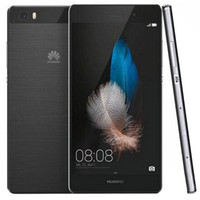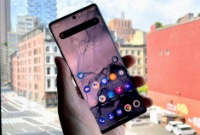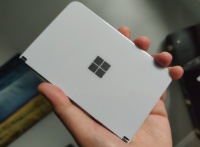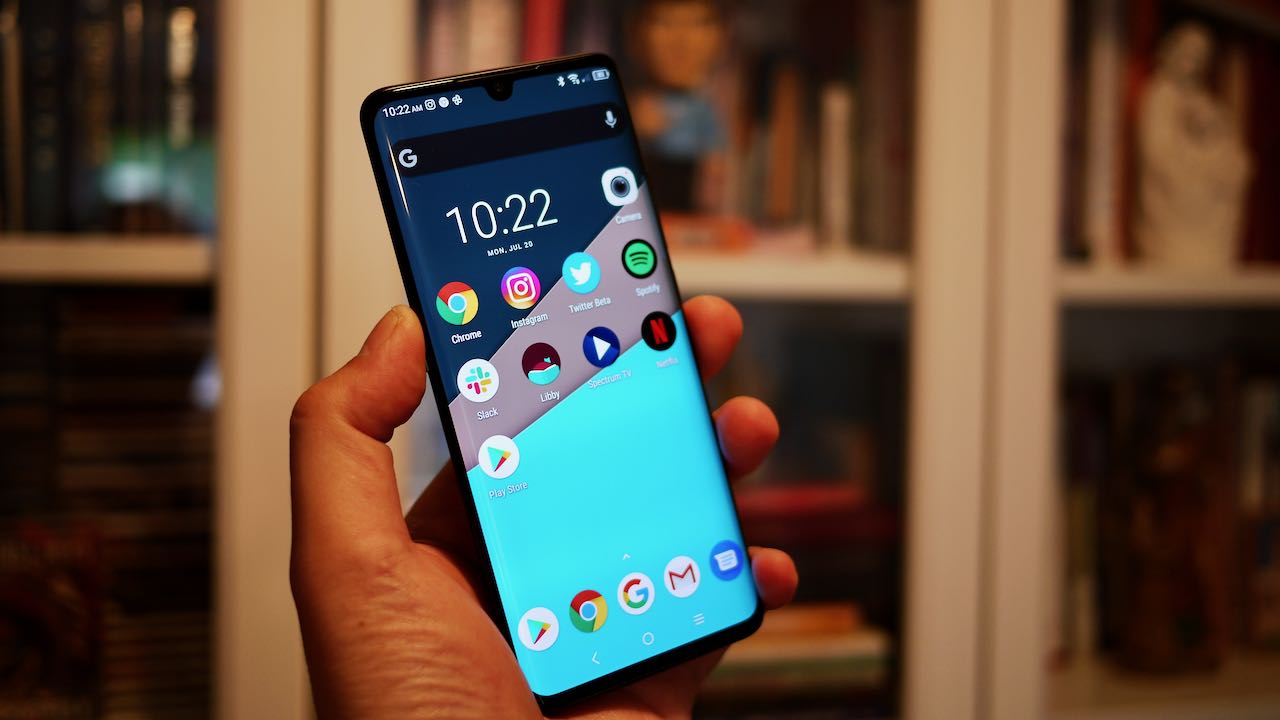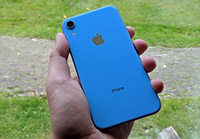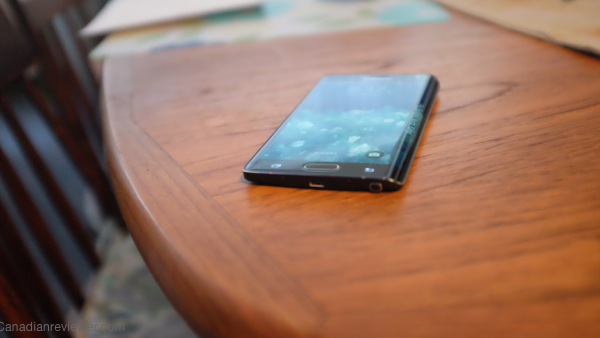Puma develops robot to help train runners
 Wednesday, May 4, 2016 at 11:16PM
Wednesday, May 4, 2016 at 11:16PM Serious runners always need to better their times to make sure they stay competitive. But you won’t always have your fastest running buddy with you. Enter the Puma BeatBot robot. The ‘bot was created by Puma’s advertising agency: J. Walter Thompson New York with the help of a robotics engineer from NASA and a group of MIT students. This robot comes with nine downward-facing infrared sensors capable of tracking straight and curved lines on the ground. It can follow the existing lane-marking lines and make 100 steering adjustments a second so it stays on target. It runs on an Arduino microcontroller and a 9-axis accelerometer. It has front and rear row LEDs so you can keep an eye on it and it has forward and backward-facing GoPro cameras to record your performance.
Puma isn’t saying what the maximum speed of the BeatBot is but it can keep up with Usain Bolt’s 100-meter dash world record of 44.7km/h (27.4mph). It can be used with the accompanying smartphone app where you can input the distance you plan to go and the time you’d like to beat. And then you place the BeatBot o the starting line alongside you and wait for it to beep three times before you start running. It’ll move along with you on its own line and determines the speed and distance it travels by counting the wheel revolutions it does. If you end up beating it, then you meet your goal. Puma isn’t saying if this’ll make it into stores. But it could also just be for sponsored runners to use for training.
Source: Gizmag





